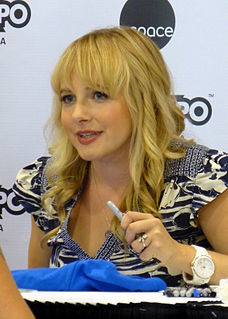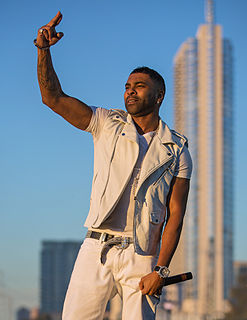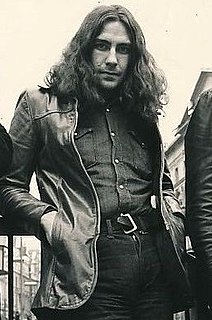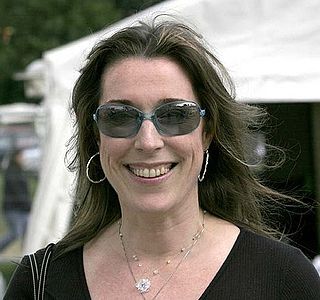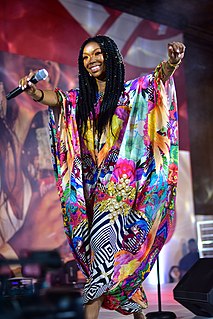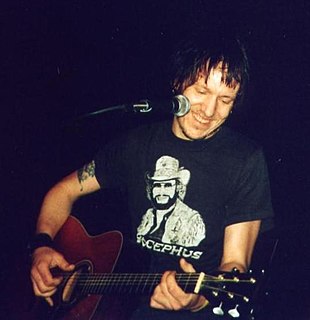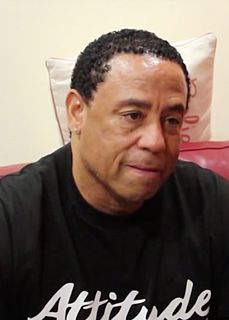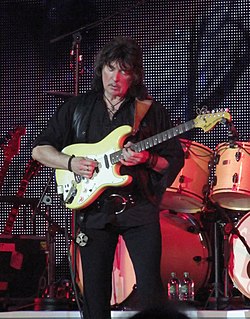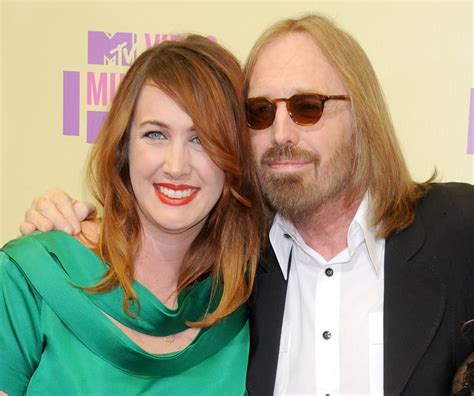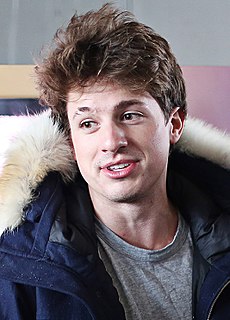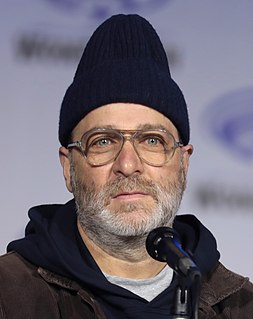A Quote by Kim Gordon
And then, I was thinking of doing a record just like starting with voice, because I did this one song that was just kind of a cappella, and I did it for this art piece I did where people could come and play music to go with a voice.
Related Quotes
Well I’ve been doing it for about twenty years, I did films when I was a little kid, when I was about six or seven, I was in films and I had this really high voice, I did a series called Dinobabies, that was my first one. And then after that I did Madeline, yeah so it just kind of happened and then never went away. Then everyone said your voice is going to change and you’ll be out... No, no, still on helium.
I think I'm fascinated with history and - just in general. And I'm always interested in how did - how did this come to be? Why is this the way it is? And even singing classical voice, I quickly became more and more interested with early music, baroque voice. And that became an obsession to me - just figuring out how - who are the ancestors of whatever it is.
I just go in the studio and do what I love to do. People will be people, they'll come and go, they'll like you then not like you, I just try to stay true to myself first and that's what most important because that way when you are successful you can stand up and say look, I did it my way and I did it the way that I wanted to do it.
It's like I'll sit down and put my hands on the piano or the guitar, and then I'll hear a sound or I'll feel a chord that will resonate and then I'll get something happening in my voice. My voice is like a car that I get into and drive but I don't know where I'm going. And I record everything. And often, I sort of get into a state, a creative state that is, where I'm just feeling around melodically, and playing things off the top of my head. Then I go back and listen to it and for the first time, hear what I just did. It's like Elvis has left the building while the thing is happening.
I was just so honored to play the role of Cinderella and to just be the first African-American princess, that's just historic for me, that's such a mark in my life and my career and then the bonus of just working with my favorite person in the whole world, Whitney [Houston], like her voice just did something to my spirit.
I've been doing four-track songs by myself since I was like a teenager, where I'd sing in a way that I ... I just didn't think other people would like it, so I didn't play it for them but eventually I got over that, which I'm happy that I did, because it's kind of a drag to be playing a kind of music that you don't really like as much as another kind.
I'm not one for sitting around listening to my own music, because I tend to cringe and think that I could have done better. I also suffer from red light syndrome quite a lot. I tend to narrow my thinking when the red light goes on to record. Instead of just relaxing and playing and emoting, I think of time being wasted so I won't take a chance on something. Consequently, when I hear it back, I think, "Why the hell did I play it so safe on that piece of music when I could have really opened up?" Well, it's because of not wanting to make a mistake.
Somebody's real voice is probably the hardest one that somebody could attempt. The characters are all, believe it or not, rooted in a reality of some sort. I've met and talked to people, and they're also fusions of showbiz periphery. But the best thing was, if you did your own voice and you were the star of the show - if it came to blows and they had you on the ropes and you had to leave, then they could just get someone to sound exactly like you.
I'm not sure if it's because I'm older and I'm thinking about family more, but I'm trying to set up this thing where I can play in one city for a month, and then write music for a couple months, then play in another city for a month, write music for a month. Just so it's not these two schizophrenic, Jekyll and Hyde kind of things; you don't have to be this monster. You get inspired and you can go write one song from that, and then you go back and play a few shows. If I could've done that in the 90s, I would have.
Voice actors I used to know who were starting out in comedy were guys who did a lot of voices. They were usually comedy actors who developed their comedy by doing tons of impressions and voices that were usually very funny. And I never did any of that, so that's, I guess, why I don't consider myself a voice actor.
Media is so weird; everything is so accessible now. It used to be this thing where, if you did something on 'This American Life,' this predates me, but when David Sedaris did it, for example, it would just play, people who heard it heard it, and then the book would come out a year later, and people would be like, 'Ahh, I kind of remember that.'

